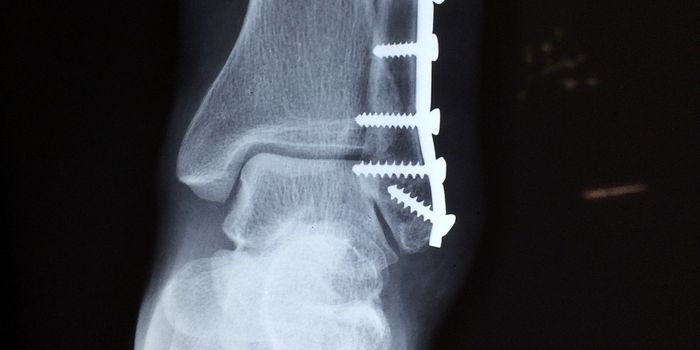Researchers Propose a New Explanation for Gulf War Illness
Around 700,000 US troops were part of the Gulf War, which occurred between August 1990 and February 1991 in the Persian Gulf region. It's estimated that one-third of these individuals developed a chronic illness because of their deployment. This disease, known as Gulf War Illness (GWI), causes a wide range of problems, including headaches, insomnia, cognitive impairment, fatigue, muscle aches, joint pain, and gastrointestinal distress. Exposure to toxins like nerve gas, burn pits, and excessive exposure to pesticides have been hypothesized as possible causes.
Two mechanisms have been proposed for the disease: inflammation and mitochondrial impairment. New research published in Scientific Reports tested these hypotheses directly with patient samples. In this small study, nineteen patients with GWI were compared to fifteen unaffected individuals. The research indicated that mitochondrial dysfunction is causing GWI, and not inflammation. The study authors suggested that treatments should consider mitochondria as the primary therapeutic target.
“This is a radical rethinking of the pathology of GWI. For veterans who have long struggled to get effective care, this discovery could be a real game changer,” said corresponding study author Beatrice Golomb, MD, PhD, a professor of medicine at UC San Diego School of Medicine.
The investigators obtained muscle biopsies from the study participants, and assessed a marker of peripheral inflammation called high-sensitivity C-reactive protein (hsCRP) and mitochondrial respiratory chain function (MRCF). The severity of symptoms in GWI patients were found to correspond to the severity of mitochondrial impairment, and not to inflammation.
A statistical analysis showed that seventeen of the twenty most frequent GWI symptoms were associated with mitochondrial dysfunction. However, only one symptom was related to inflammation.
The ability of mitochondria to convert fat into energy, a process known as fatty acid oxidation, was found to be related to inflammation only in the GWI patients. Fatty acid oxidation can lead to cell death, triggering inflammation. This could indicate that mitochondrial dysfunction is leading to increased inflammation in GWI patients.
“Inflammation does appear to be linked to GWI, but our work suggests that it’s actually a side effect of the primary issue, which is impaired cell energy,” explained Golomb.
Mitochondrial dysfunction can also explain many GWI symptoms. If mitochondria are not generating enough fuel from fat, it could be causing fatigue and muscle aches. Muscle symptoms were also found to correspond to the degree of fatty acid oxidation in patient mitochondria. If mitochondria do not produce enough fuel from sugar, it could cause cognitive symptoms. GWI patients' cognitive symptoms were also found to correlate to mitochondrial dysfunction related to producing fuel from sugar.
Now that there is direct evidence supporting the mitochondrial hypothesis, the researchers are hopeful that better treatments can be developed and applied to patients.
Sources: University of California - San Diego, Scientific Reports









